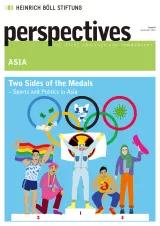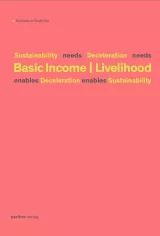Pluralities
About
India provides a remarkable example of a vibrant democracy with a complex political landscape. The vast religious, ethnic, linguistic, cultural and geographical diversity underscores its pluralities. Since independence, India has been successful at sustaining democracy through unique practices and plural perspectives; albeit disrupted at times by communal unrest and separatist and militant movements at its peripheries. In recent years, new forms of political activism by urban middle classes and youth have emerged, focusing on issues of good governance, gender equity and freedom of expression, democratic values and action. India’s democratic space continues to be lived, contested, renegotiated across plural layers, weaving diverse fabrics of democratic practice.
Our work supports Indian civil society actors to create platforms for dialogue on democracy, especially including voices of those who find themselves at the periphery; geographically, socially and culturally. Together with our partners we promote the inclusion of perspectives and worldviews from geographical minority regions such as Northeast India into the broader mainstream narrative. Keeping the idea and values of pluralism, inclusion and secularism at its core, we and our partners also work towards resolving communal tension across religious, ethnic, and geographical minority layers. Another important focus is to input into ongoing processes of policy making on sexual minority rights and inclusion of gender perspectives in specific areas of globalized interaction, knowledge and production.
Overall, through knowledge generation and dissemination, we seeks to contribute to a better understanding of the dynamics and developments of India’s democracy, advocating gender equitable relations and development within society. Our work promotes an intersectional, inclusive, gendered, and plural view of democracy in action.
Programme Coordinator & Research Associate (Democracy & Pluralities)














